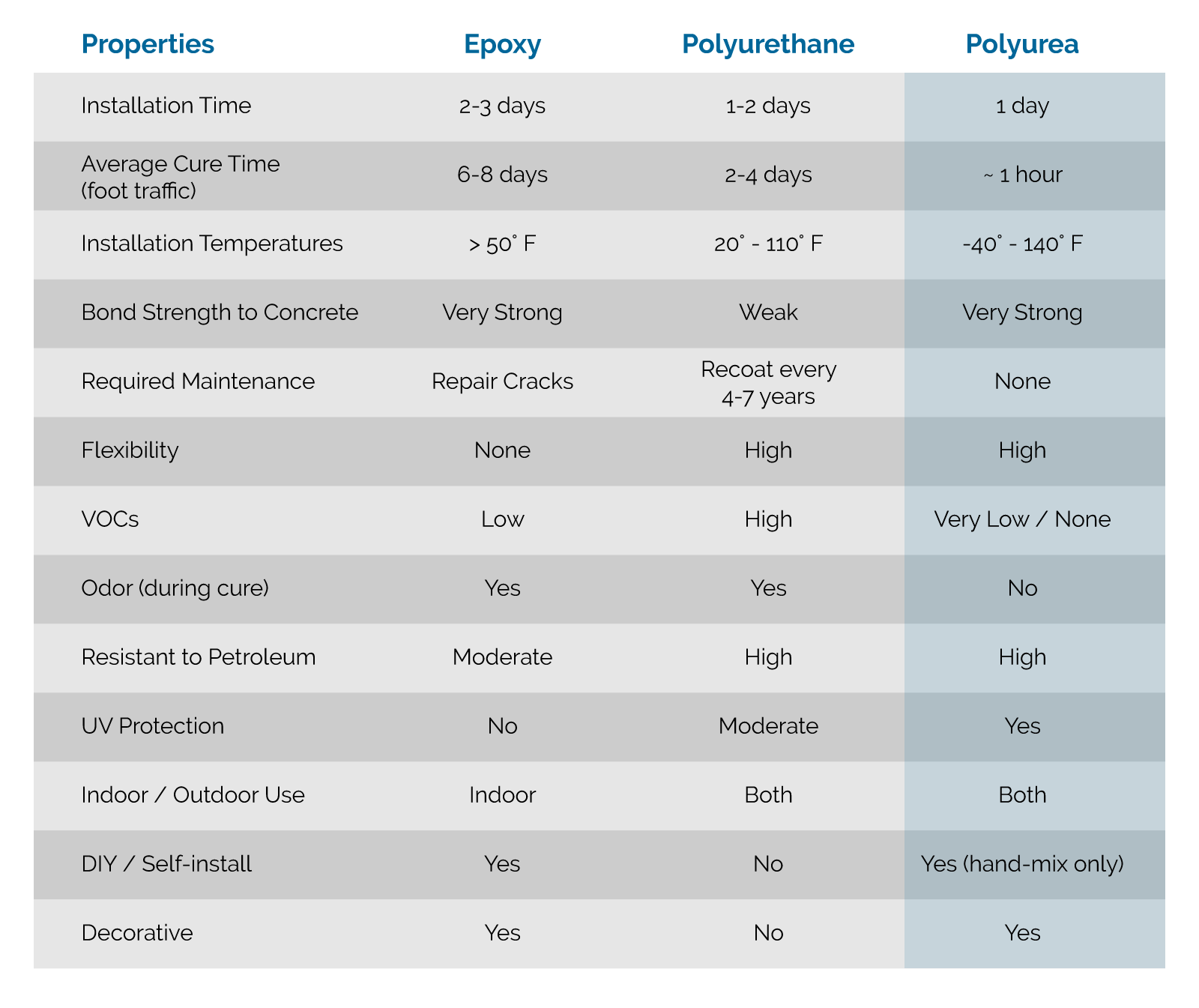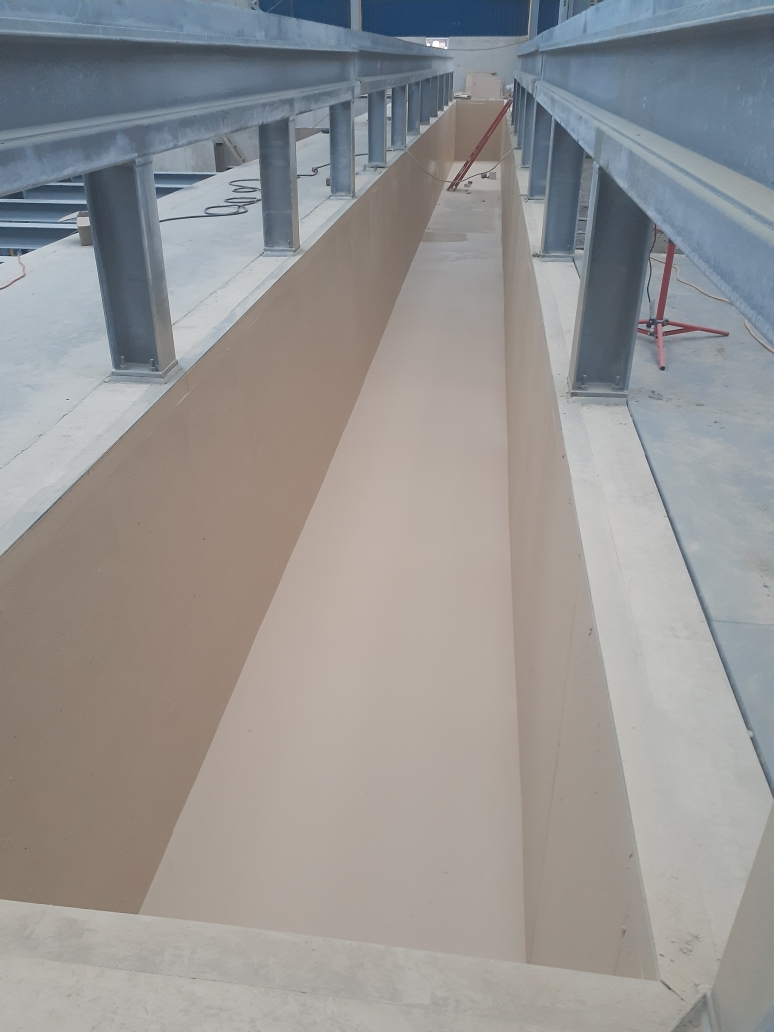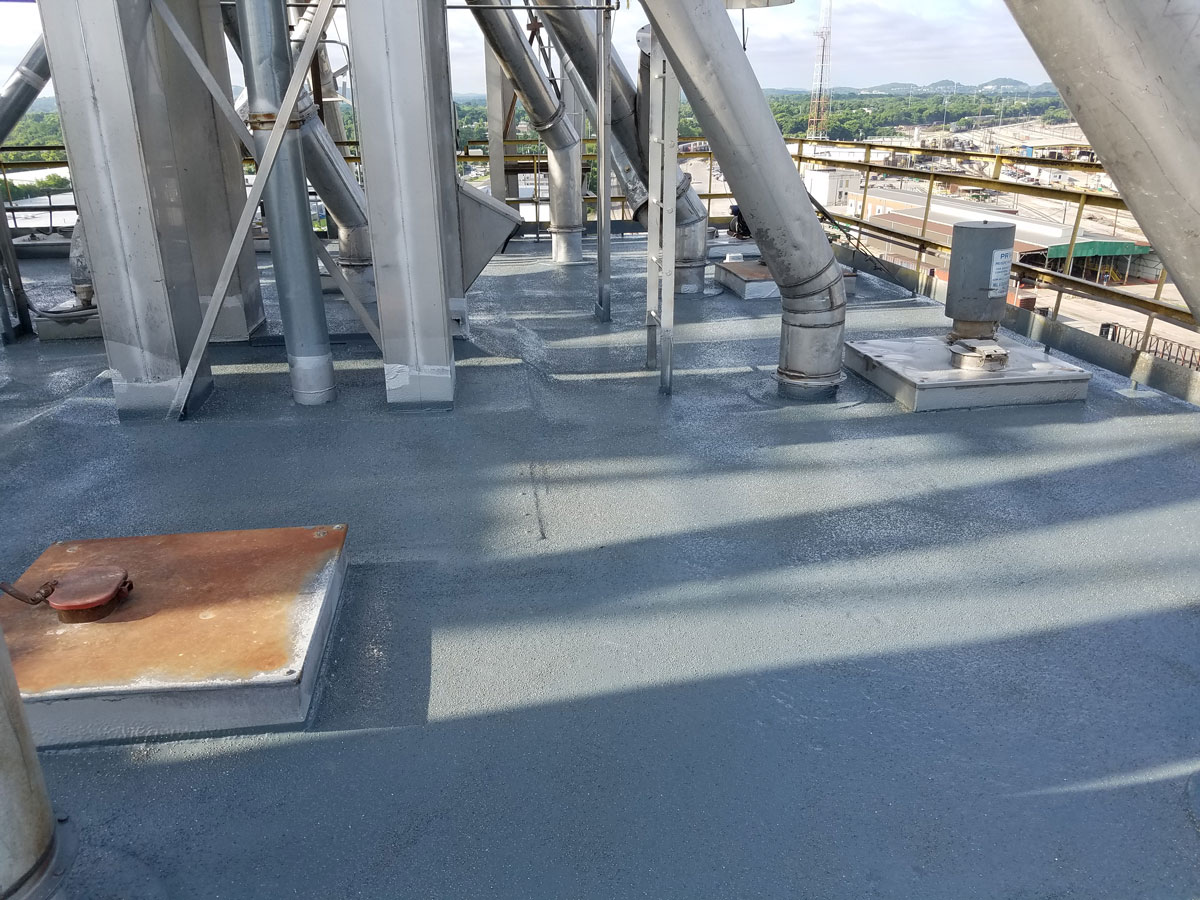Polyurea vs Other Coatings: the Shootout
Some people claim that traditional protective coatings are tried and true, so why try some newfangled coating? And of course, there is definitely something to be said for going with the devil you know. However, a side-by-side comparison chart of how polyurea technology measures up to epoxy and polyurethane coatings helps to clarify the benefits of using polyurea technology over the others.
One main thing to consider is how polyurea installs versus epoxy or polyurethane. Both of the more traditional systems often take days or even weeks to finish curing. Additionally, epoxy and polyurethane are more finicky when it comes to moisture and temperature conditions during install. Polyurea doesn’t have the same problems, making it the clear choice for ease of install.
Another important point to keep in mind is maintenance costs. With polyurea, there is basically none required beyond washing to remove any grime or build-up that may accrue over time. And that’s not even actually required, it just makes it look nicer.
On the other hand, both epoxy and polyurethane will definitely require maintenance, which may include downtime to perform.
For epoxies, repairing cracks is probably going to be the main issue, and that can be difficult to do well.
For polyurethanes, you will have to recoat every 4-7 years depending on various factors – although the main reason is the weak bond strength to the substrate.

Polyurea benefits? Your bottom line.
As shown by the graph above, polyurea outshines traditional coatings in many ways.
Less time for install and full cure.
Polyurea is the obvious winner when it comes to install & cure times. Being able to walk on the coating within hours allows us to rapidly apply full jobs, and perform cut-ins and touch-ups before the day is done. This also means that you’re back up and running in less time than with any other coating options.
Installation conditions matter less.
With epoxy coatings, install temperatures have to be (and remain) above 50° F for the duration of the install and cure process. With polyurethane coatings, the install temperature range is wider, but multiple applications may be needed to reach a desired or specified thickness.
Polyurea, on the other hand, can be installed at temperatures you wouldn’t even want to be in for any length of time. Of course, this makes it perfect for cold or hot weather installs. And since polyurea is a high-build coating, fewer passes are needed to achieve a given thickness.
You can finally be maintenance-free.
Ongoing maintenance costs? With epoxy and polyurethane, yes, and possibly they may require a full recoat (polyurethane will, for sure). However, with polyurea it’s going to be right around that zero mark for maintenance costs, making it much more appealing in the long run.
And truthfully, when adding up lifetime costs of the various systems, the initial investment may be nominally higher for polyurea but in the end it more than evens out in polyurea’s favor when considering extended downtime for maintenance and repairs necessary with epoxies and polyurethanes.
Flexibility and longevity
When applying a protective coating to a substrate like concrete, it’s easy to think that the concrete is always stable, and won’t ever move. However, that’s rarely ever the case, as concrete continues to cure over the course of its life and slowly contracts. And of course, because concrete is terrible in tension, any ground movement has the potential to cause structural damage. Ultimately, any protective coating applied will need to be able to accommodate this type of movement to some degree.
Polyurea is much more flexible than epoxy and polyurethane, and can often handle all but major structural dislocations. In fact, because the bond strength to concrete is so high, often concrete will fail internally before the polyurea coating will let go. If you’re looking for a way to extend the usable life of your infrastructure, a polyurea coating might be the right fit.

Polyurea over concrete


Your protective coatings specialists.
Polyurea Systems
12461 Creekside Drive
Largo, FL 33773
